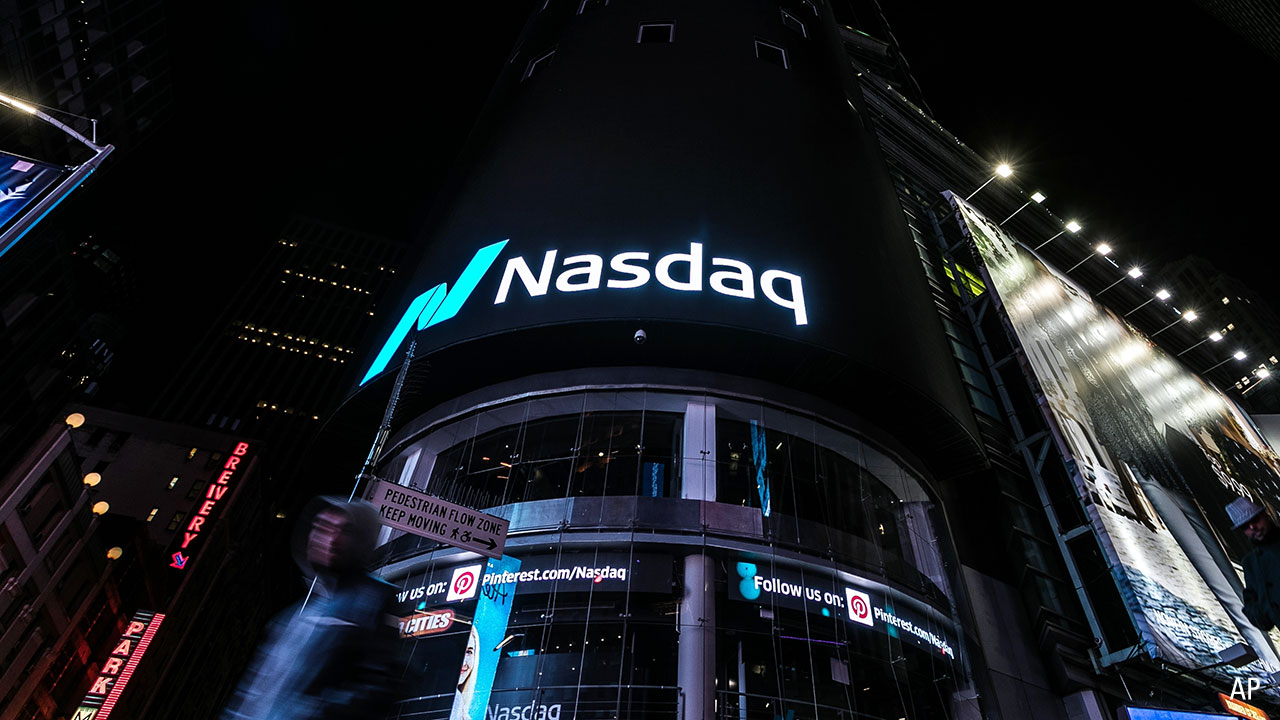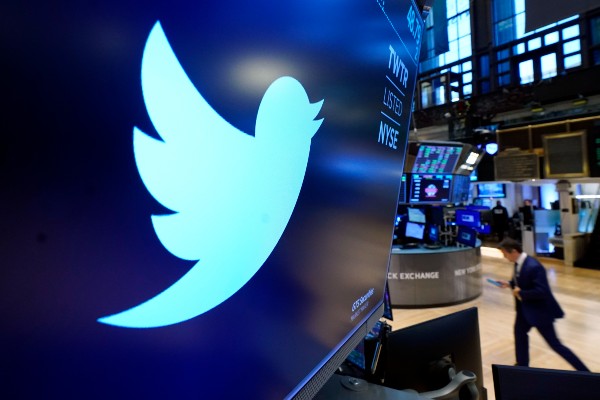
Catastrophic full-year results at the world’s largest technology sector investor are a window for Canadian investors into the global selloff and how big players are responding.
Famous for its early investment in then-fledgling Chinese e-commerce venture Alibaba (BABA), the sprawling Japanese telecommunications giant SoftBank is also known for the US$100 billion-plus it wields through two-venture capital “Vision Funds”. The first launched in 2017 with money from Saudi Arabia and Apple and made high-profile investments in the likes of Uber (UBER), WeWork and Tiktok owner ByteDance.
However, the abrupt tide change in markets has left Softbank beached. After booking a record-breaking profits last financial year, Softbank’s vision funds are nursing a US$27 billion loss, roughly three times Fortescue Metals’ highest-ever profit.
“When it rains, you open an umbrella,” said offbeat founder Masayoshi Son as he fronted investors at a presentation last Thursday. He vowed a more conservative approach, just one year after promising investors many “golden eggs ”.
Big investors are nursing serious losses
Performance at Softbank’s Vision funds is a snapshot of technology investing since the pandemic.
Softbank reported a US$46 billion profit in fiscal 2021, the largest on record for a Japanese firm, buoyed by blockbuster performance in the vision fund’s stable of “fintech”, “edtech”, “healthtech” and “frontier” companies.
A year later, Softbank notched another record: the second-worst annual loss for a Japanese company. The vision fund unit alone lost US$27 billion (¥3.5 trillion) for the full year ended 31 March as the rug was pulled from under its investments.
Softbank’s portfolios are littered with firms whose blockbuster performance during the heady days following the pandemic has steadily deflated. Chinese ride-hailing service Didi and Korean e-commerce player Coupang are more than 60% down following highly anticipated listings in 2021.
Bold bets on technology are coming apart for other major players too. Cathie Wood’s ARK Innovation ETF (ARKK) is down 55% this year while storied tech-focussed hedge fund Tiger Global lost US$17 billion.
No moat Softbank is trading at a 29% discount to Morningstar’s fair value of ¥7,200.
Big investors are getting defensive
When Son fronted shareholders last week, the first slide of his presentation featured a single word: “Defensive”.
The man who once likened himself to Jesus Christ announced Softbank will slash new investments from the Vision funds to lows not seen since the depths of the pandemic. He expects they is likely to fall further.
“I would say compared to last year, the amount of new investment will be half or could be as small as a quarter,” he said.
In a sign of leaner times ahead for investors who bet on the future, Son talked up Softbank’s cash reserves. The conglomerate will keep double the cash on hand required to make its next two years of bond payments.
Softbank is pulling back in tandem as private equity and venture capital activity cools . Pitchbook data shows the value of private equity exits, where privately held businesses are sold via public offering, mergers or buyouts, slumped 57.5% in the March quarter compared to the prior quarter.
Markets are discounting technology
Softbank’s sprawling portfolio of assets are trading at meaningful discount to the company’s share price in a sign that investors are unsure how to value its stable of 300 plus bets.
The price to book value, which measures a company’s assets against its market capitalisation, dropped below one last year for the first time since Vision Fund 1 launched in 2017. It fell further this year. In other words, Softbank trades for less than the total value of its assets.
Nervous investors may be put off by the firm’s stake in Alibaba, roughly a quarter of Softbank’s net asset value. Shares in the Chinese e-commerce giant are down 57% in the past year.
Eternal optimist
Son remains positive. In a series of slides illustrating how technology stocks regained momentum after the Dotcom bubble and Global Financial Crisis, he suggested the same for the current downturn.
And for those nursing heavy losses and wondering what next, Son has a simple message:

Source: Softbank earnings report








.jpg)
.jpg)












